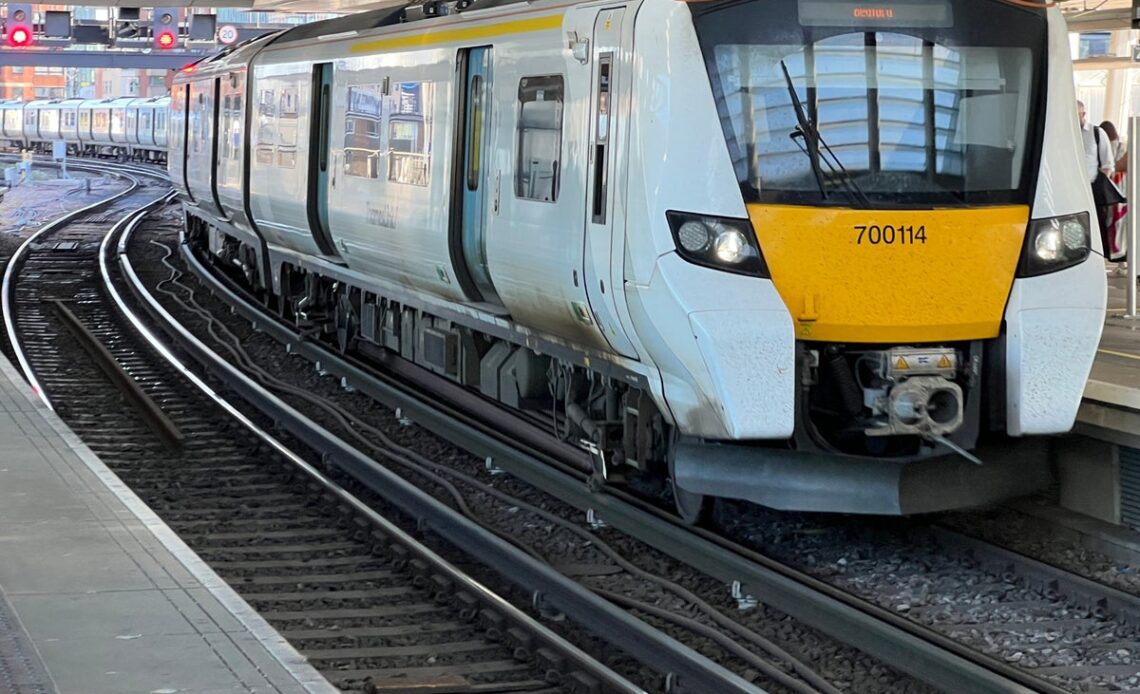After members of the RMT rail union voted 8:1 in favour of strike action over jobs, pay and conditions, their union has called nationwide rail strikes for three dates in late June.
Union members at Network Rail and 13 train operators will stage 24-hour walkouts on 21, 23 and 25 June.
What could the effect be? And are other disputes on the horizon?
These are the key questions and answers.
What is this dispute about?
Britain’s biggest rail union, the RMT, has called three days of industrial action at both Network Rail and 13 train operators over pay, redundancies and “a guarantee there will be no detrimental changes to working practices”.
It says: “Network Rail and the train operating companies have subjected their staff to multi-year pay freezes and plan to cut thousands of jobs which will make the railways unsafe.”
The union’s general secretary, Mick Lynch, has vowed “a sustained campaign of industrial action which will shut down the railway system”.
When exactly are the strikes?
Tuesday 21, Thursday 23 and Saturday 25 June. The industrial action is likely to affect services immediately before and after the strike dates, as well as the intervening Wednesday and Friday.
The strike coincides with a number of big events in late June:
- 22-26: Glastonbury
- 23 By-elections at Tiverton & Honiton and Wakefield
- 23-27: England v New Zealand cricket Test (Leeds)
- 24-25: Commonwealth Heads of Government Meeting (London)
- 24-26: British Athletics Championships (Manchester)
- 24: Elton John Hyde Park gig
- 25: Armed Forces Day
- 25: Rolling Stones Hyde Park gig
The stoppage could also affect school students who travel by train; it coincides with history and physics exams.
The trend over the past few years in rail disputes is for a series of 24-hour strikes to be called. That limits the financial hit sustained by striking workers, but still causes widespread disruption.
How big was the majority in favour of striking?
Of the 71 per cent of members who voted, 89 per cent backed strike action. This represents 63 per cent of the workforce balloted, numbering more than 25,000 workers.
According to the RMT, it is “the biggest dispute on the network since 1989” and will involve 40,000 workers.
Just remind me about Network Rail and the train operators …
Network Rail is the infrastructure provider. The most critical roles in the day-to-day running of the railway are the signallers, who number around 5,000.
Train operators are assigned a patch of the network on which to run trains. Those…
Click Here to Read the Full Original Article at The Independent Travel…
